11 December 2020
How to plant a hedge
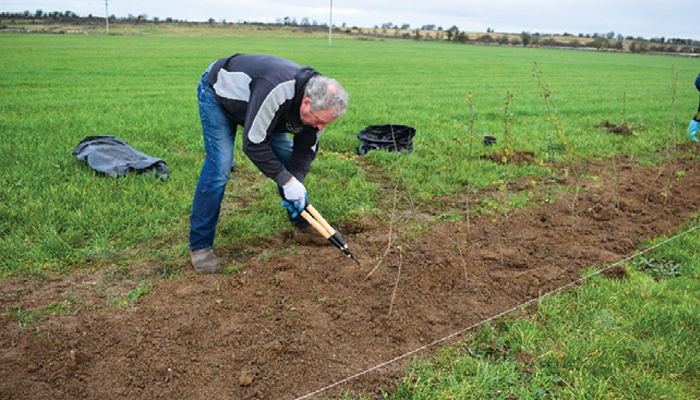
Catherine Keena, Teagasc advises on best practice for achieving a stockproof hedge including tips for preventing root dry-out, successful establishment and weed control. A step by step demonstration of the process of planting a new hedge on the farm of Henry Walsh, can be seen in the video below
When thinking of planting a new hedge, you must first decide if you want a hedge with a dense base that will be regularly topped OR if you want a line of trees that will never be topped
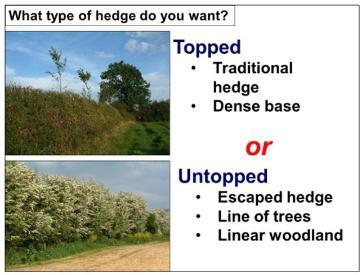
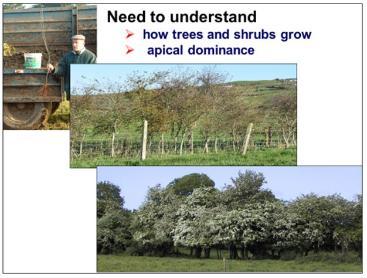
Best practice to achieve a stockproof hedge – dense at the base:
- Buy 2 year old bare rooted whips, 6 plants per m, mainly whitethorn, but once every 2 m replace one with another hedging species that tolerates trimming such as Blackthorn, Holly, Hazel, Spindle, Guelder Rose, Dog Rose and Woodbine.
- Therefore for every 100 m of new hedge – buy 550 whitethorn and 50 other these other species
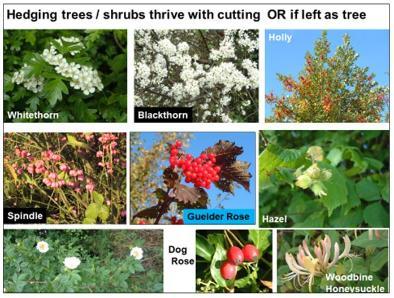
- Mark out the line of the new hedge using wire, twine or lime
- Cultivate with a digger or mini-digger
- To make it easier to plant and give plants a great start
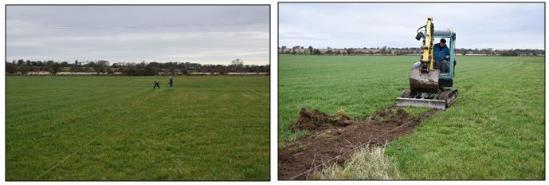
- Protect roots from drying out during planting by keeping plants in the bag until needed
- Plant in a double staggered row – with 330mm (just over a foot) between the rows and the same between the plants within the rows – often the length of a boot
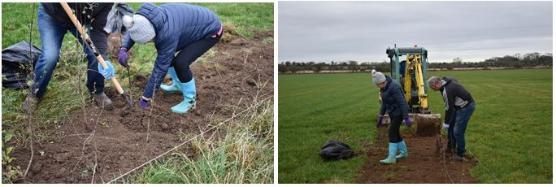
- Plant to the same depth as was previously planted
- Don’t bury the stem Or expose the roots
- Firm in
- Identify a few whitethorn (maybe 5 / 100 m) to be retained as trees and protect with tree guards or shelters
- Prune all other plants except holly down to an inch or so above ground level with a sloping cut to leave a sharp point
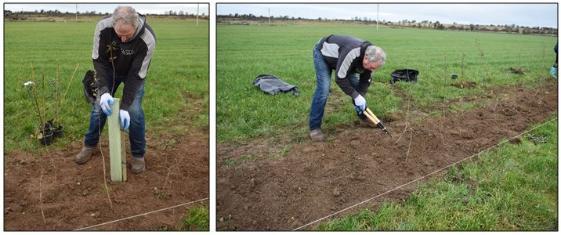
- Push a 4 foot or 1.2m wide strip of used silage plastic down neatly over the cut stumps.
- Press the edges of the plastic into the ground to hold it down
- Protect from livestock including rabbits if The aim is to remove that wire in a few years
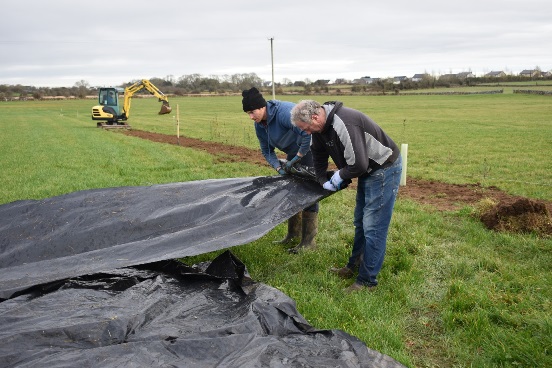
All Hedgerow week information is available here
